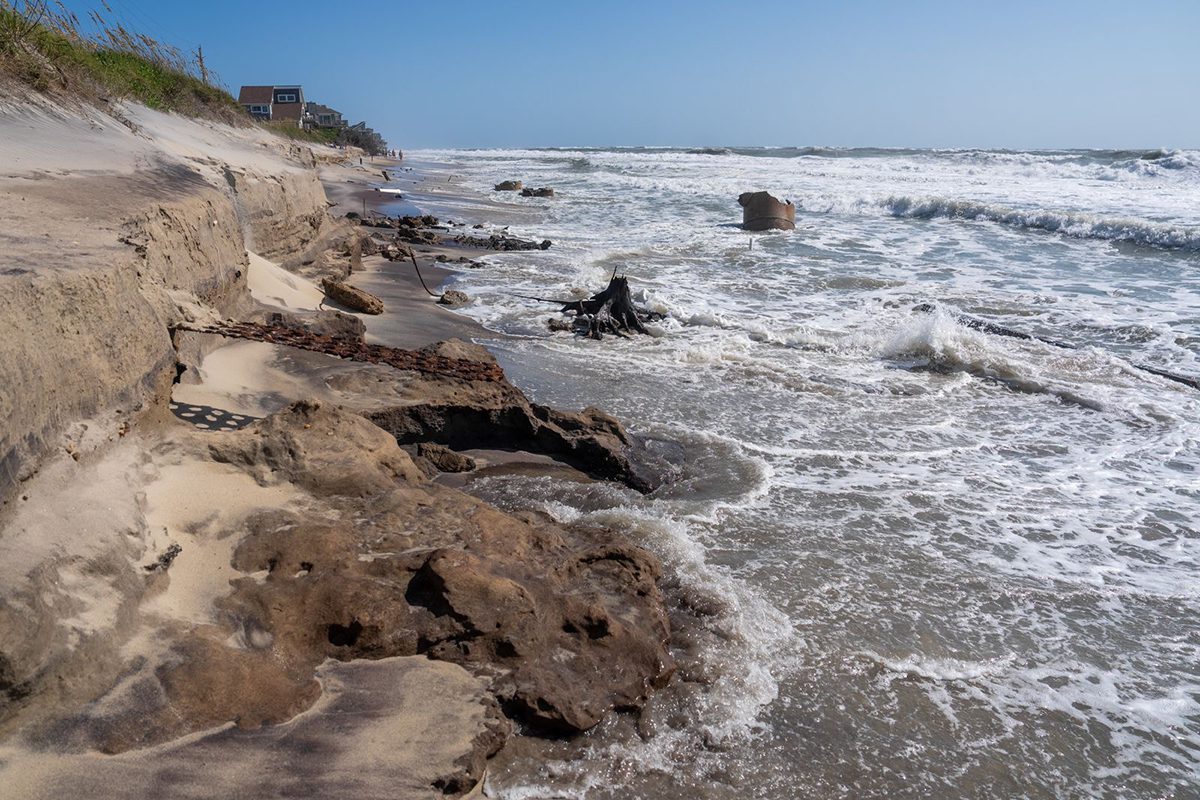
CHAPEL HILL — On behalf of Sound Rivers and the North Carolina Coastal Federation, the Southern Environmental Law Center filed a petition Thursday with the North Carolina Supreme Court arguing that a state permit failed to protect the waters of a popular fishing creek in eastern North Carolina.
The case involves Martin Marietta’s plan to discharge up to 12 million gallons of mine wastewater a day into Blounts Creek in Beaufort County.
Supporter Spotlight
“The state permit fails to uphold the core requirement of the Clean Water Act: to protect our waters as they exist naturally,” said Geoff Gisler, senior attorney at the Southern Environmental Law Center. “Blounts Creek deserves the full protection that the law provides.”
The federation and Sound Rivers contend that Martin Marietta’s mine discharge would transform the swampy, slow moving headwater habitat into a fast-flowing stream consisting primarily of mine wastewater and would permanently alter the creek’s diversity of fish and abundance of high quality fish habitat.
“Generations in Beaufort County have grown up fishing and boating on Blounts Creek,” said Heather Deck, executive director of Sound Rivers. “The natural diversity of life in Blounts Creek is beloved by the local community and many families across the state who want to ensure the creek is protected for future generations.”
The filing follows a recent North Carolina Court of Appeals decision that reversed an earlier state court decision to vacate the North Carolina Division of Water Resources’ permit for the 649-acre open-pit mine outside Vanceboro. In 2017, Carteret County Superior Court found that the state permit failed to protect the biological integrity of the creek as required by state law.
“The fundamental requirements of our state and federal water quality laws require state agencies to protect the biological integrity, fish and wildlife of our coastal creeks and sounds,” said Todd Miller, executive director of the North Carolina Coastal Federation.
Supporter Spotlight
The creek provides vital habitat to fish including red drum and river herring.
Martin Marietta acknowledged in its permit application that the effects of its discharge would change the creek in ways that would no longer support its existing diversity of fish and that the creek would no longer be considered swamp waters because of the increased flow, increased alkalinity and other changes.
The law center noted that state wildlife agencies and the Environmental Protection Agency had objected to the mining company’s plan and that the Division of Water Resources violated state and federal law in requiring no significant changes to address these problems in its final permit.







